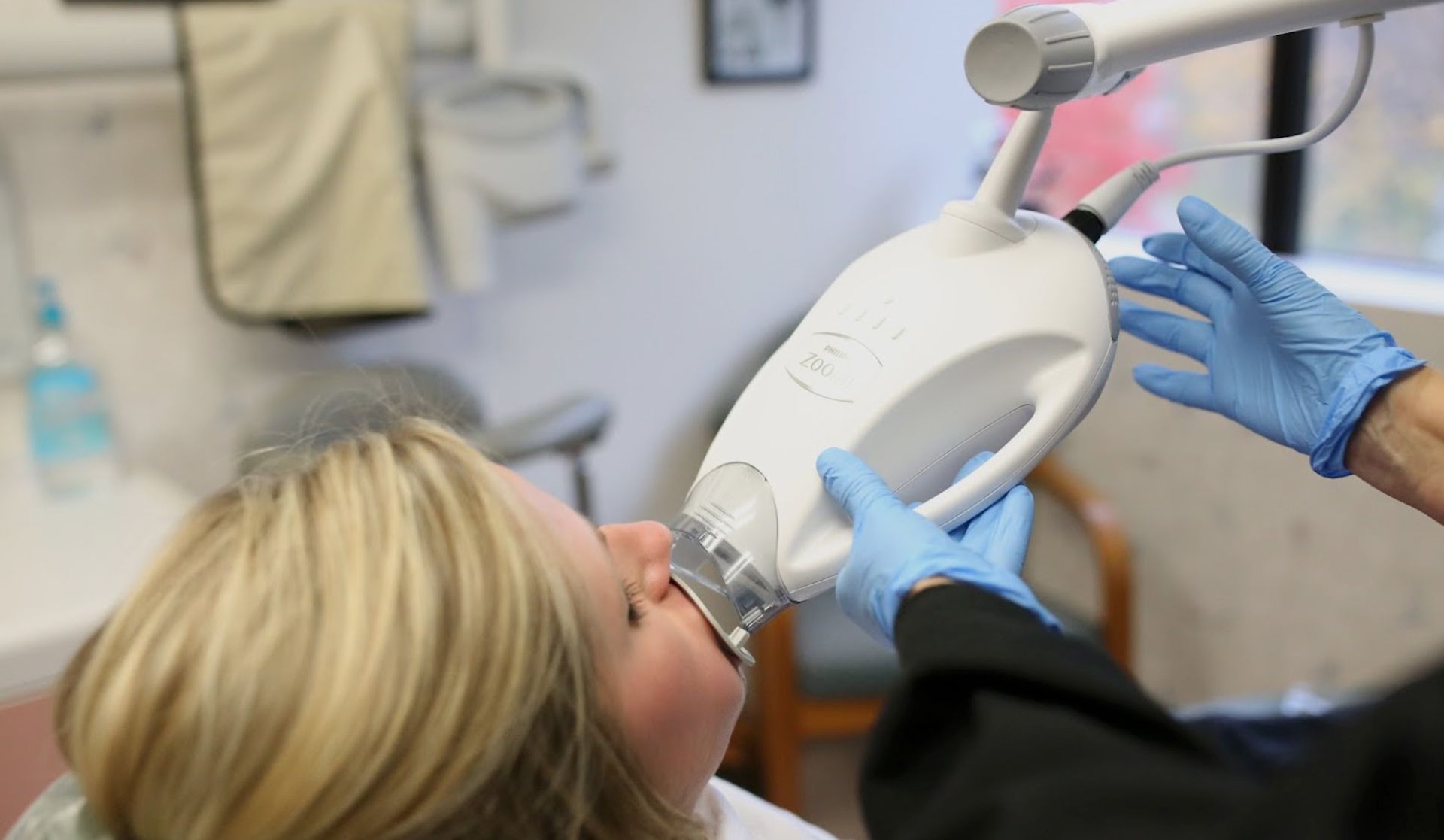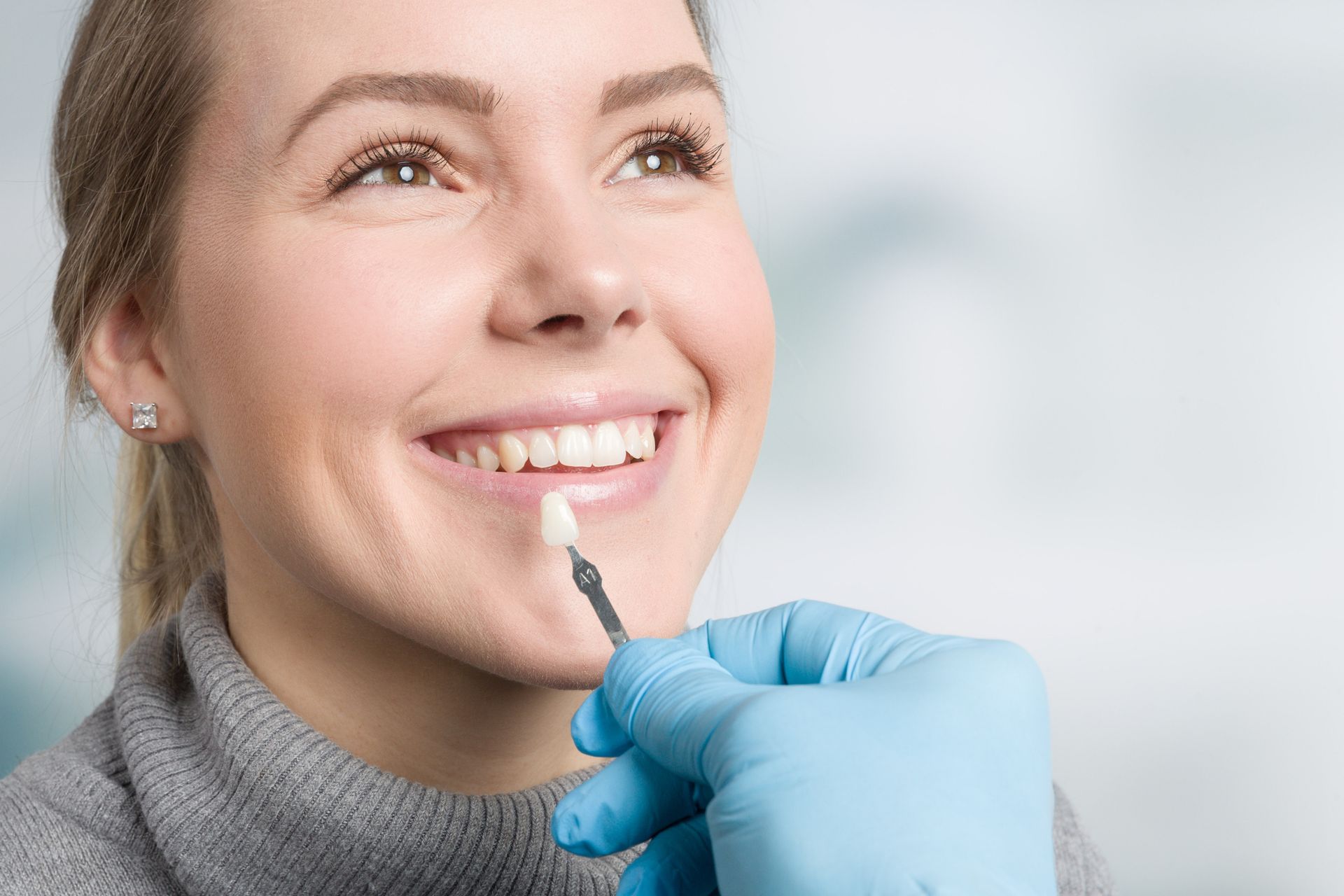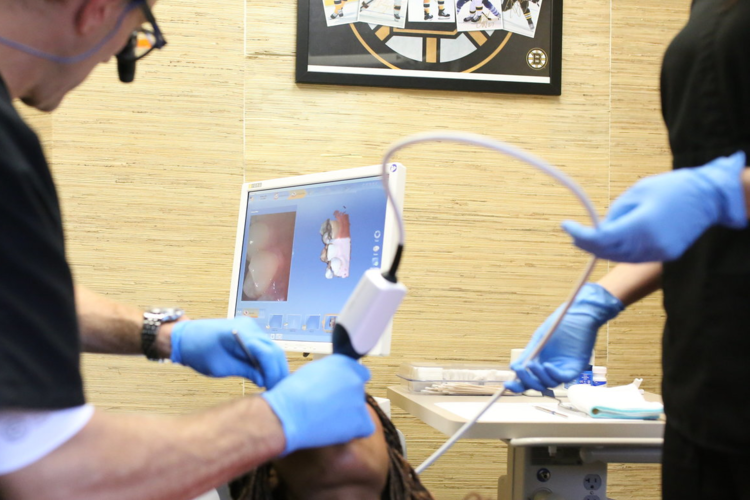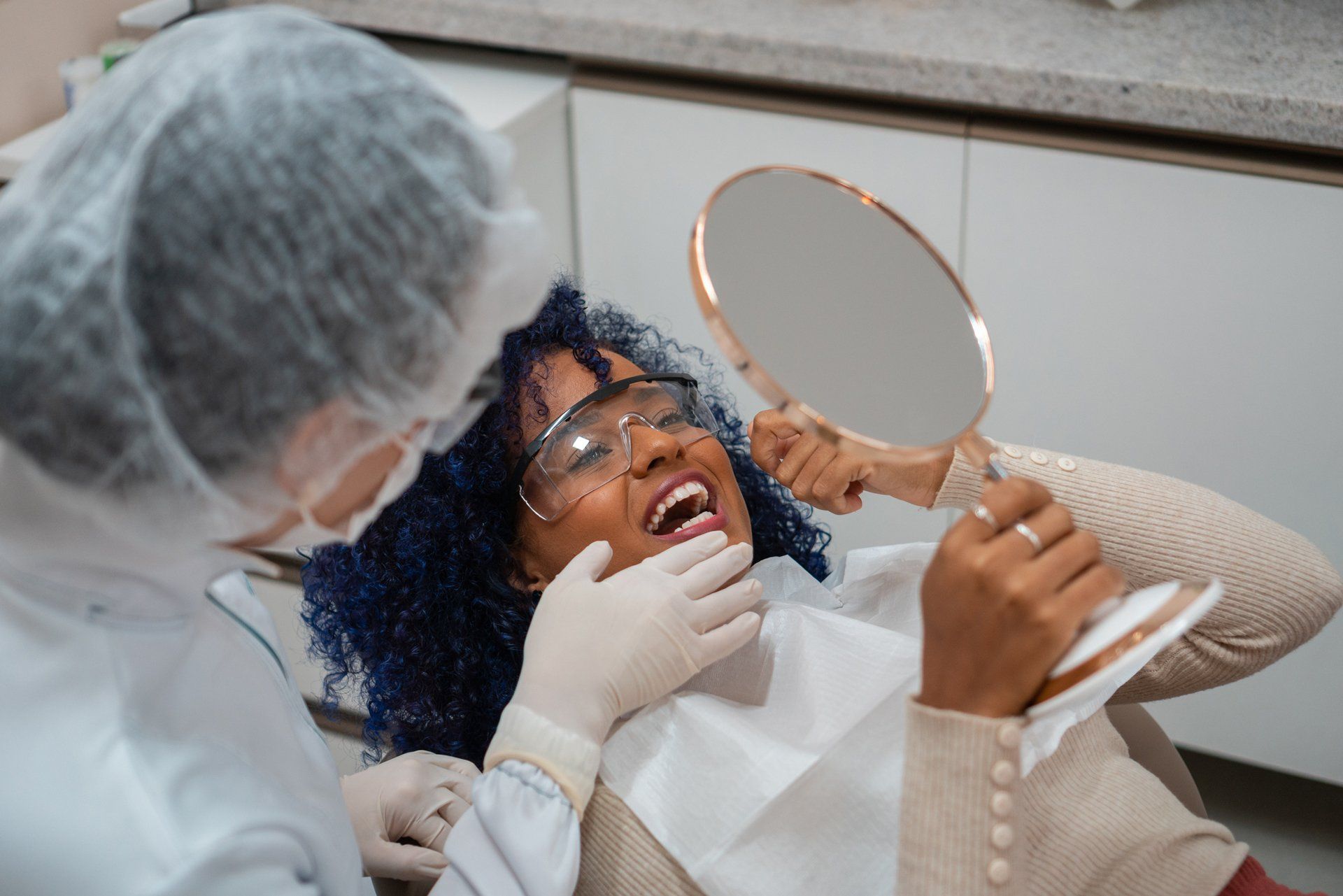General Dentistry: Your Essential Guide to Oral Health
General dentistry is crucial for maintaining oral health through preventive care, early diagnosis, and treatment of dental issues. This article examines general dentistry, the role of a general dentist, and what to expect during visits.
Key Takeaways
- General dentistry is essential for maintaining overall oral health through a variety of services focused on diagnosis, prevention, and treatment.
- Regular dental visits and preventive care, including checkups, cleanings, and fluoride treatments, are fundamental for early detection and management of oral health issues.
- Choosing the right general dentist involves considering factors such as their qualifications, location, insurance compatibility, and patient reviews to ensure personalized and effective care.
What is General Dentistry?
General dentistry encompasses a broad range of dental services aimed at maintaining overall oral health. It is the foundation upon which all other dental specialties are built. General dentists provide a variety of treatments and procedures, including the diagnosis, prevention, and treatment of oral health conditions. They are the primary care providers for dental health, much like how a general physician is for medical health.
Regular checkups and examinations are a cornerstone of general dentistry. From professional teeth cleanings to restorations, general dentists ensure that your teeth and gums remain healthy and free from disease. These services are not just about fixing issues as they arise but are also crucial for early detection and prevention of more serious oral health problems.
Disease prevention is a cornerstone of general dentistry. Early identification and treatment of issues help prevent the progression of oral health problems. General dentists provide preventive treatments and develop personalized plans tailored to individual needs. General dentistry focuses on maintaining and improving overall oral health through comprehensive care.
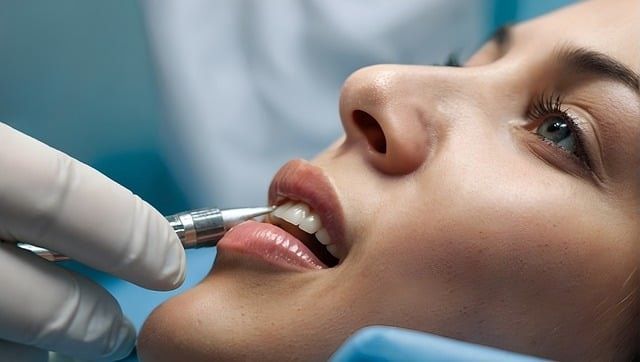
Qualifications and Training of General Dentists
Becoming a general dentist requires extensive education and training. Typically, a general dentist completes eight years of higher education, which includes four years of undergraduate study followed by four years at an accredited dental school. This rigorous academic journey equips them with the knowledge and skills necessary to provide high-quality dental care.
In the United States, aspiring dentists must obtain either a Doctor of Dental Surgery (DDS) or a Doctor of Medicine in Dentistry (DMD) degree from an accredited institution. These degrees are essentially equivalent and signify that the holder has met the comprehensive educational and clinical requirements to practice dentistry. The distinction between DDS and DMD is more about the institution’s preference than the curriculum itself.
Some general dentists pursue board certification, which involves passing a series of rigorous written, clinical, and oral exams to demonstrate their proficiency in the field. A board-certified dentist employs a comprehensive approach to evaluating and treating oral health, ensuring the highest standards of care.
Many general dentists also pursue additional training in specialized areas of dentistry, such as orthodontics or gum disease. This special training allows them to offer a broader range of services and stay updated on the latest advancements in dental medicine. Continuing education is vital in this field, as it ensures that dentists remain current with evolving technologies and treatment methodologies.
Preventive Dental Care
Preventive dental care is the foundation of good oral health. Regular checkups, typically recommended every six months, are essential for keeping teeth and gums in optimal condition. These visits often include professional teeth cleanings, which are crucial for removing plaque and tartar buildup that regular brushing and flossing might miss.
Fluoride treatments are another vital component of preventive care. These treatments help strengthen tooth enamel, making it more resistant to tooth decay. Sealants, thin coatings applied to the chewing surfaces of molars, provide an additional layer of protection against cavities by sealing out food and bacteria. Together, these preventive treatments help safeguard your teeth from common oral health issues.
Personalized dental hygiene plans are tailored to each individual’s needs, ensuring comprehensive oral health care. These plans often involve regular cleanings, scaling, and X-rays to monitor and maintain oral health. Dental hygienists play a crucial role in this process, educating patients on effective home care techniques and preventive measures to reduce the risk of gum disease and cavities.
Good dental hygiene habits established early on can significantly lower the risk of developing oral health conditions later in life.
Common Procedures in General Dentistry
General dentists are equipped to perform a variety of common dental procedures that address both routine and complex oral health issues. Minor surgeries like tooth extractions and root canal therapy involve removing infected or inflamed tissue from inside a tooth. These procedures are essential for preserving the affected tooth and preventing further complications.
Dental implants are another prevalent solution offered by general dentists. These titanium posts are surgically placed into the jawbone to support artificial teeth, providing a permanent solution for damaged or missing teeth. They offer a stable and durable replacement that looks and functions like natural teeth, significantly improving the patient’s quality of life.
Cavity fillings and dental crowns are also common procedures in general dentistry. Fillings, often made of composite resin, blend seamlessly with natural teeth to repair cavities. Dental crowns, on the other hand, restore the functionality and appearance of damaged teeth by covering them with a protective cap. Additionally, general dentists provide other restorative services, such as inlays, onlays, bridgework, and orthodontic treatments, to address various dental issues.
Cosmetic Dentistry Services
Cosmetic dentistry focuses on enhancing the appearance of your smile, aiming to create a more aesthetically pleasing balance and symmetry. General dentists offer a range of cosmetic services to help you achieve the smile of your dreams. Among the most popular treatments are teeth whitening, porcelain veneers, and cosmetic bonding. These procedures can effectively conceal imperfections, brighten your teeth, and improve your overall appearance.
Professional teeth whitening, in particular, is a sought-after service due to its quick and effective results. Unlike over-the-counter options, professional treatments are tailored to reduce tooth sensitivity and deliver a significant boost in self-esteem. Investing in professional teeth whitening can be a valuable decision for achieving a dazzling smile.
Before embarking on any cosmetic treatment, it is essential to discuss the specifics with your dentist. This conversation should cover the time, expense, and expected results. Understanding these aspects helps ensure that you make informed decisions that align with your aesthetic goals and oral health needs.
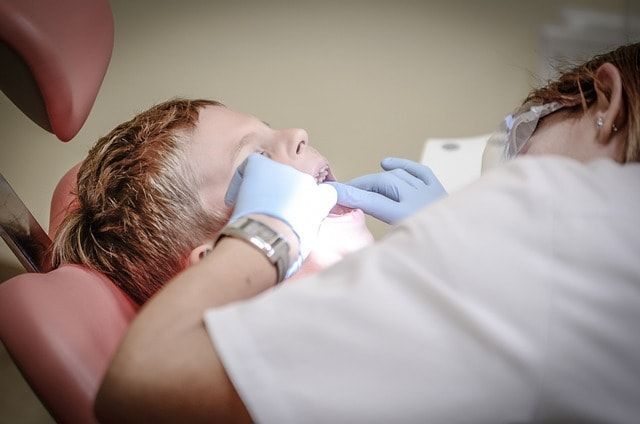
Pediatric Dentistry
General dentists are the primary dental care providers for individuals of all ages, including children. Pediatric dentistry is a vital aspect of their practice, encompassing essential services such as teeth cleanings, sealants, cavity fillings, and tooth removal for young patients. These services help establish a strong foundation for lifelong oral health.
Dental issues like early childhood cavities are alarmingly common, affecting children more frequently than conditions like asthma. Addressing these issues early is crucial for preventing more severe problems later. General dentists are well-equipped to manage these conditions and provide the necessary care to maintain children’s oral health.
Pediatric dentists, who undergo an additional two years of specialized training, focus on advanced treatments for young patients. This training enables them to handle complex cases and provide comprehensive care tailored to children's unique needs, ensuring their overall oral health is well-maintained.
Advanced Treatments and Technologies
Advancements in dental technology have significantly improved the quality and convenience of dental care. One such innovation is the CEREC system, which allows for the creation and placement of ceramic restorations in a single visit. This technology enhances patient convenience by eliminating the need for multiple appointments and temporary restorations.
Digital X-rays are another technological advancement that greatly benefits patients. They reduce radiation exposure and provide high-quality images within seconds, facilitating quicker and more accurate diagnoses. These advancements underscore the continuous evolution of dental care, which aims to improve patient outcomes and satisfaction.
Hoertdoerfer Dentistry is at the forefront of incorporating these advanced treatments and technologies, ensuring that patients receive the best possible care. Staying updated with the latest innovations allows general dentists to provide more efficient, effective, and comfortable treatments for patients.
Importance of Regular Dental Visits
Regular dental visits are paramount for maintaining optimal oral health. These routine checkups allow for the early detection of oral health issues, saving time, worry, and money in the long run. Visiting a general dentist at least every six months is recommended for effective disease prevention and maintaining overall oral health.
Disease prevention is a central duty of general dentists, as it enables early detection and treatment of oral health issues. Regular dental appointments also allow dentists to check for signs of oral cancers, potentially saving lives. These visits are crucial for identifying early signs of dental decay and gum disease before they escalate into more severe problems.
Frequent visits to the dentist help ensure that any emerging issues are promptly addressed, maintaining the health and functionality of your teeth and gums. This proactive approach to dental care is essential for preserving your smile and overall health.
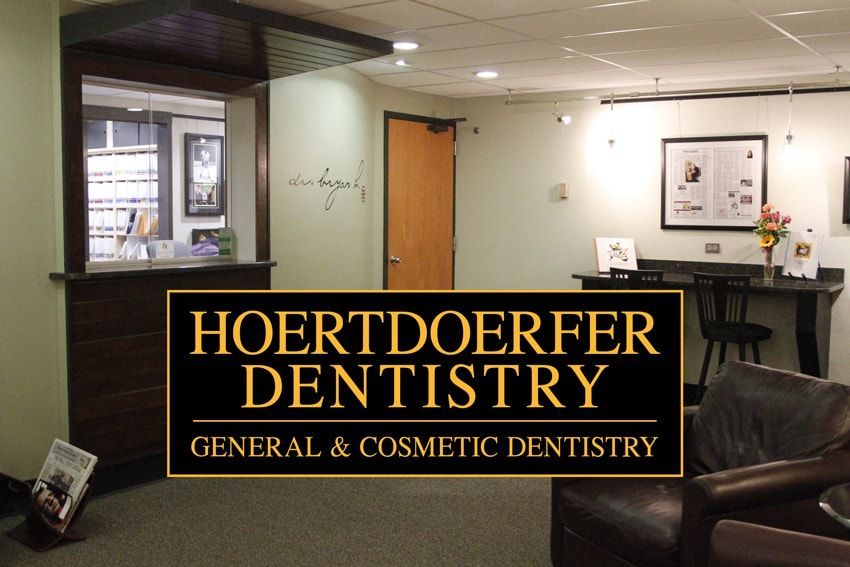
Choosing the Right General Dentist
Choosing the right general dentist is a crucial decision that can significantly impact your oral health. Establishing a good rapport with your dentist is essential, as it allows for personalized advice tailored to your specific needs. A dentist who understands your unique oral health concerns can provide more effective and customized care.
When selecting a dentist, consider practical factors such as the location and whether the office's hours work for your schedule. Additionally, check if the dentist is part of your insurance network if you have dental benefits, as this can help you manage costs.
Researching dentist reviews on social media and dental association websites can provide valuable insights into other patients’ experiences. These reviews can help you gauge the quality of care and patient satisfaction. Once you have gathered enough information, schedule an appointment today to start your journey towards better oral health.
Summary
In summary, general dentistry is fundamental to maintaining and improving oral health. From preventive care and common procedures to advanced treatments and pediatric dentistry, general dentists play a vital role in ensuring that teeth and gums remain healthy. Regular dental visits and choosing the right dentist are crucial steps in this journey.
Understanding the importance of general dentistry and the services it offers can help you make informed decisions about your oral health care. Remember, a healthy smile reflects your overall well-being. Commit to regular dental visits and maintain good oral hygiene practices to enjoy a lifetime of healthy teeth and gums.
Frequently Asked Questions
What is the difference between cosmetic dentistry and general dentistry?
Cosmetic dentistry is primarily aimed at improving aesthetic appearance, whereas general dentistry focuses on the prevention and treatment of dental issues. While some cosmetic procedures may offer oral health benefits, they typically fall outside the scope of general dentistry.
What qualifications do general dentists need?
General dentists are required to complete eight years of education, including undergraduate studies and dental school, and earn either a DDS or DMD degree from an accredited institution. To enhance their qualifications, they often pursue additional training and board certification.
How often should I visit a general dentist?
To maintain optimal oral health, it is advisable to visit a general dentist at least every six months for routine checkups and professional teeth cleanings. Regular visits help prevent potential dental issues.
What are some common procedures in general dentistry?
General dentistry procedures include tooth extractions, root canal therapy, cavity fillings, dental crowns, and dental implants. These restorative services are essential for maintaining oral health and functionality.
What services are included in preventive dental care?
Preventive dental care encompasses regular checkups, professional teeth cleanings, fluoride treatments, sealants, and individualized dental hygiene plans to maintain oral health and prevent issues.


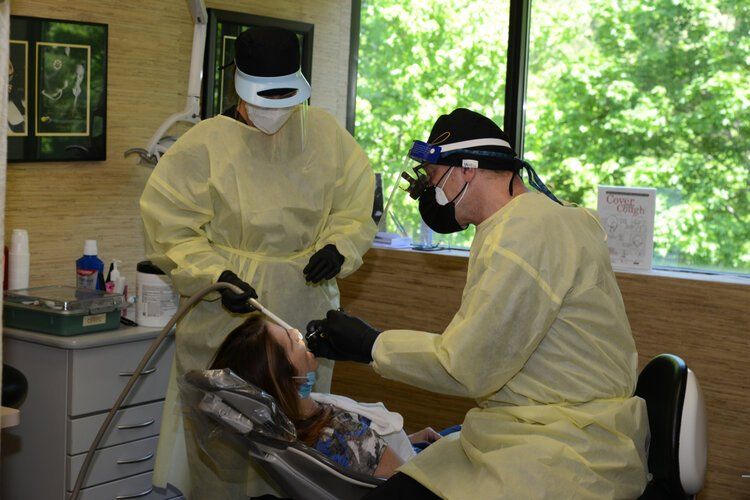
All Rights Reserved | Hoertdoerfer Dentistry

